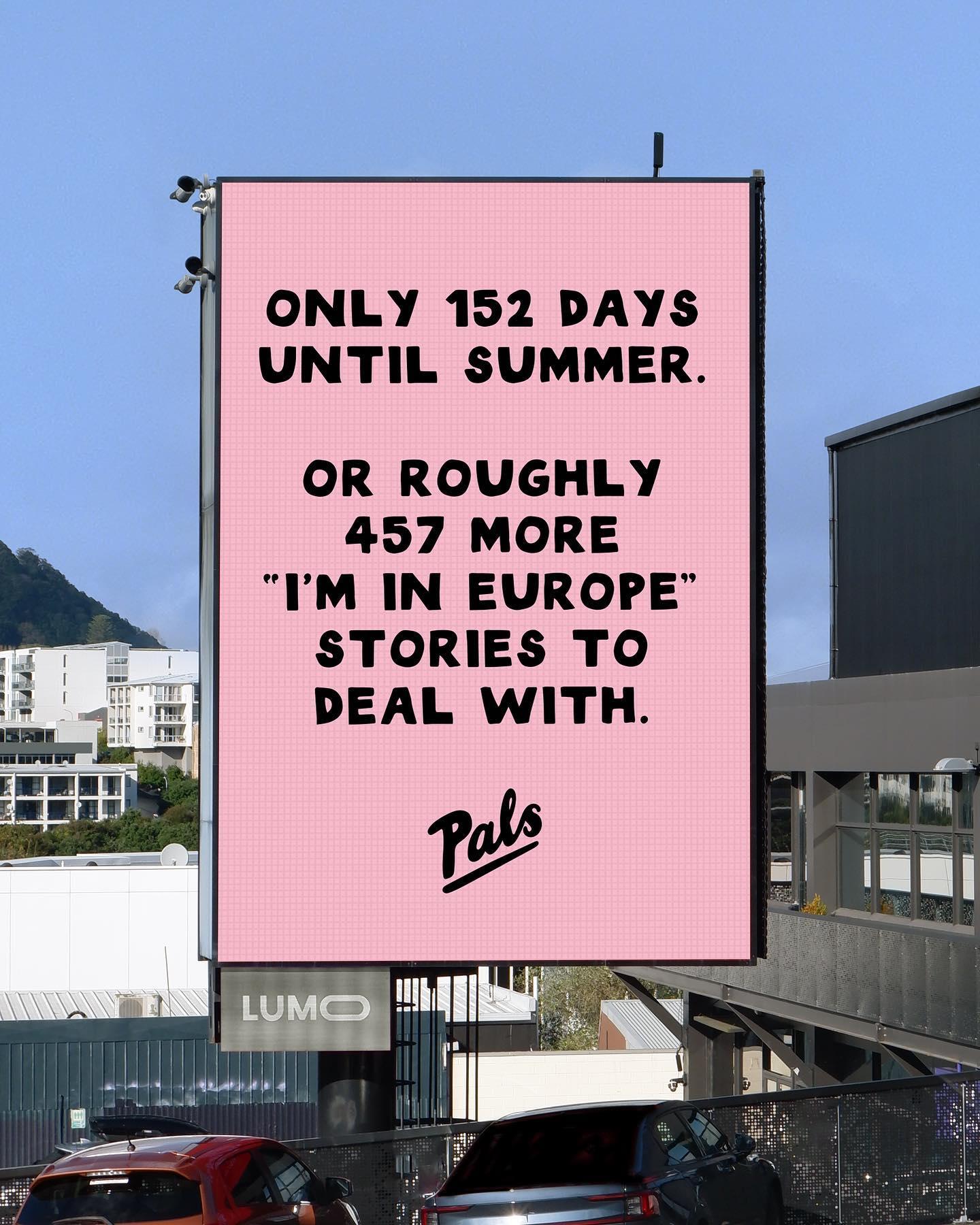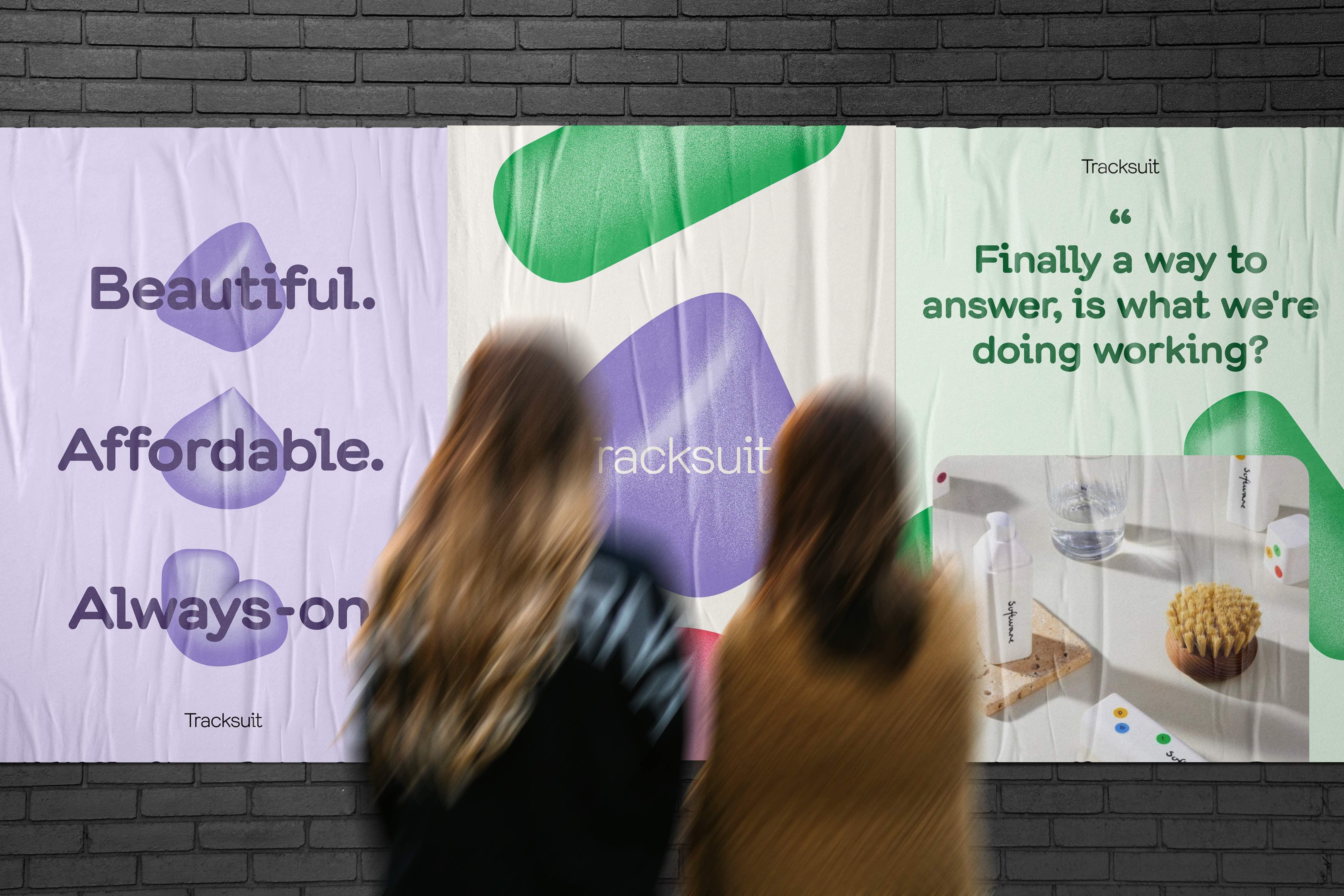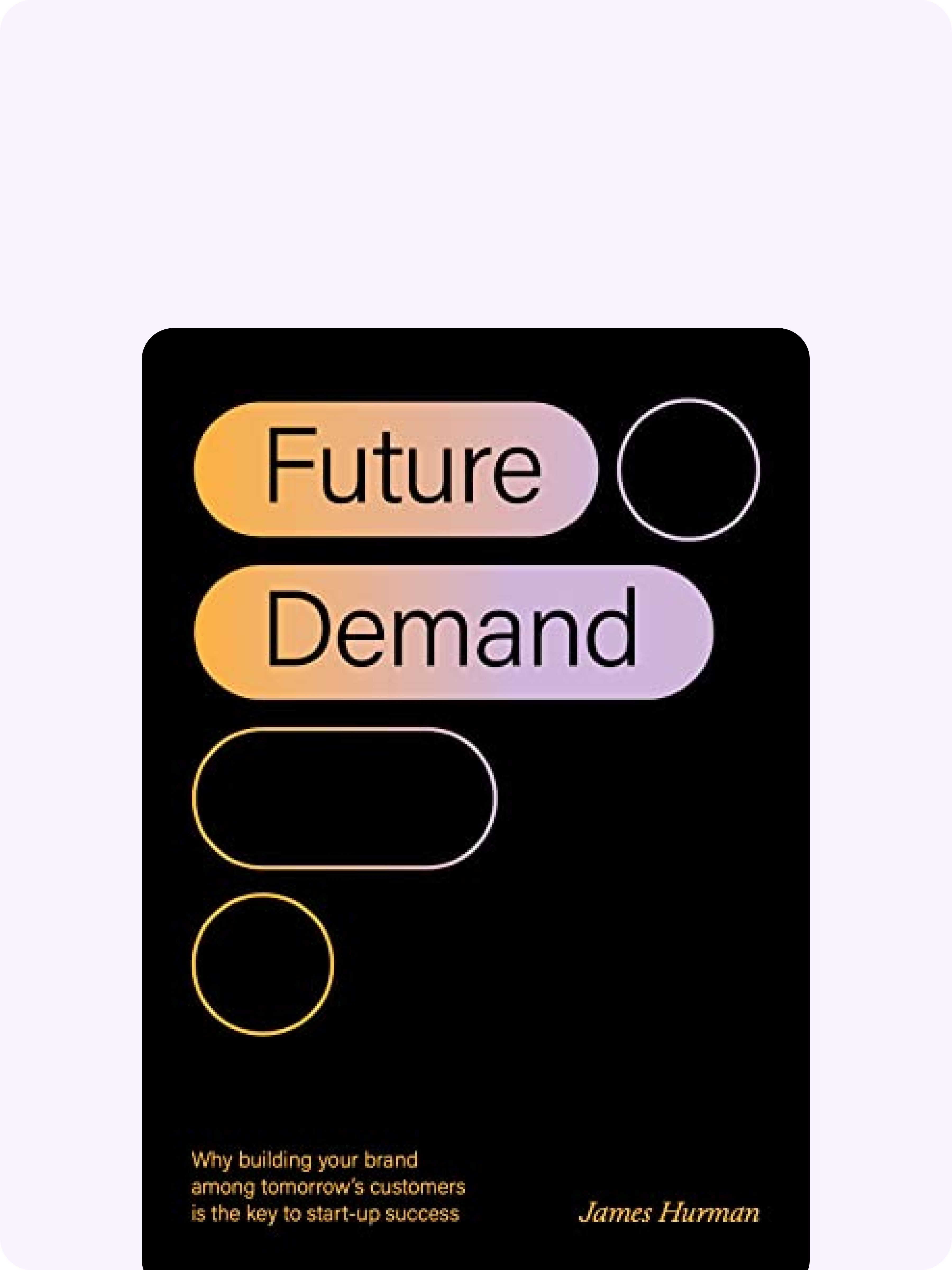How to rethink creative return on investment

The term ROI, or ‘return on investment’, is a common one in the modern world of marketing. And it’s understandable as to why, clients and brands should want a return on their hard earned.
However, one thing I will make a point of, is the I in ROI. Investment. To invest is to spend.
Today’s approach to ROI often revolves around cutting and slashing and withholding investment. ROCC, or ‘return on cost cutting’, might be a more apt title for the strategies, or lack thereof, resulting in declining budgets, and subsequently ambition, year-on-year.
This is one way to do things, sure, but it’s arguably lazy and uninventive. Anyone can cut costs. All you need is a red pen. We’re in the business of creativity and innovation, it’s our job, on both sides of the fence, to find new customers, drive market share, and increase brand salience.
The best marketers find ways to extract more value out of their creative agencies via carrots, not sticks. And from here, I’ll explain why and how you can too.
In my previous post Opens in new tabI provided some insight into the types of brains, personalities, and rich veins of untapped potential that populate creative departments all over the world.
If you’re a CMO or brand manager with an agency on retainer, or even regular project work, compared to decades past you’ve got access to an incredible glut of talent at a discounted rate that you’re most likely still underutilising.
Creative people want to make cool stuff. The best creatives I’d go as far as to say NEED to make cool stuff (the good news is that people also like to look at cool stuff).
Sign up to Shorts
For fortnightly brand insights, stories and goodness that'll help you win (we promise).
We’re not ‘go through the motions’ people. We subsist on external validation. Book/folio pieces, award bait, PR-able campaigns, ‘Hey Mum, look what I made’, phrase it however you like, but making work that fulfils whatever validation metric we’ve (unhealthily, probably) placed on ourselves is something we will move mountains and crush empires for.
And all we need is a glimmer. The faintest chance that we’ll get to make something worth people’s time. Something that makes people laugh, shed a tear, share with their friends and family.
Something that refills our dry, cracked creative reservoir. Something that isn’t just another piece of needless commercial wallpaper. And it’s so goddamn easy. Because if you give us the most minute taste of possibility, we will walk over broken glass with magpies pecking out our eyeballs for you.
We’ll still be there when you’ve gone home for the day. And have logged out for the weekend. We’ll still be thinking about and working on your brand when you aren’t. We can’t switch it off. It’s a blessing and a curse. And if you can tap into these motivations positively, and that part’s important, it’s a never-ending well to draw from.
I say positively, because there are two types of marketers. There are those whose default position when presented with an idea is, ‘Why should I not make this?’ This usually comes from a from a place of fear, and is followed by poking holes, tearing down, disregarding effort, and making people feel small. Then, there are those who operate from a place of curiosity.
When presented with an idea, they think, ‘What could we do with this?’ They play with the idea, build on it, acknowledge effort, make people feel appreciated. I’ve had teams who’ve worked through the night and weekend for category 1 clients leave presentations in tears. I’ve had teams do the same and leave presentations with category 2 clients still brimming with energy and enthusiasm.
This is irrespective of whether an idea was bought or not. I’m going to repeat that – This is irrespective of whether an idea was bought or not. Some marketers just know how to get the most out of creatives in any situation, keep them motivated, keep them hungry, but unfortunately, many don’t.
If you can keep your creatives energized and always provide light at the end of the tunnel, they’ll build your career. I’m not saying ‘always let the agency make whatever they want’, that’s how you end up with an ‘AI-generated mustard that completely changes the conversation around gender equality in endangered mollusks’. Be strategic. Get what you want. But in the process, section off briefs, or budget, or even components of execution, that are guaranteed creative opportunities.
One marketer I worked with, across more than one brand, would always have a very clear brief and message, some mandatory brand cues and codes, and an upfront (healthy) budget, but outside of that they’d just let us run wild.
And they’d always back the most creative idea. As long as their strategic points and brand cues were there, we could swing for the fence. If we didn’t nail a presentation, they’d find positives, re-iterate the creative opportunity, and let us go again. I just about slept in the agency on occasion crafting ideas for this person. And I wasn’t the only one. If you want to know where it all led to, this particular marketer isn’t a brand manager anymore, nor a CMO. They’re a CEO.
So, to conclude, the default position these days to ‘get more out of your agency’ seems to be to crunch them on costs and timelines, put the account out to pitch, bring in threatening consultants, and maybe these are explorations if things really aren’t working out. But the question I’d ask first is: Have you tried to motivate them positively? Have you tried to find what makes them tick? Have you tried to show them they can make great work with you? (Not to pander to the whims of an agency, but for both of you to succeed together.)
If you take this route, you won’t need to worry so much about achieving efficiency by cutting expenditure, because you’ll be immediately extracting more value out of your existing spend. The hours you’re being charged on the timesheet will be dwarfed by what is actually being spent. I can guarantee it, because I’ve lived it.
These are the win-win relationships in the business we need to foster on both sides, so we all sell more stuff, make more money, win more awards, get promoted, whatever it is we’re chasing.
The greatest return on investment you can achieve is to be the one to light the fire under your creatives, not stomp it out.
It’ll send you to the moon, I promise.
Jess is the Creative Director at SICKDOGWOLFMANOpens in new tab, an agency based in Melbourne. This piece was originally published on Jess's blog, death to shit adsOpens in new tab. Thanks for letting us share your brilliance here, Jess!








